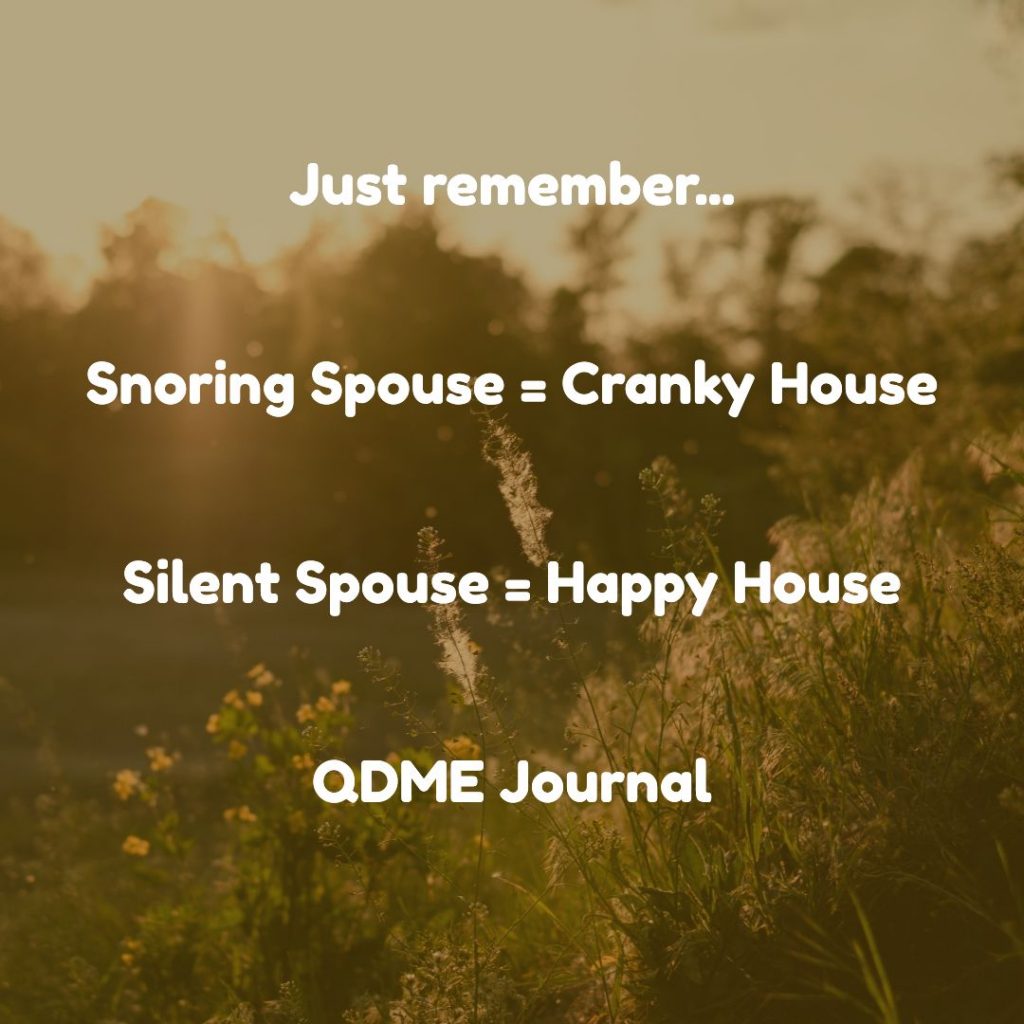Spring Is the Season of Cleaning, Beautiful Flowers, and … Allergies
As pretty as those spring flowers are, the pollen they release is the biggest trigger for spring allergies. WebMD states that pollen is released into the air by trees, flowers, grasses, and weeds. When someone who suffers from seasonal allergies gets some pollen in their nose, their immune system produces antibodies that travel to the cells. This response releases histamines into the bloodstream, which causes allergy symptoms. There’s no cure for spring allergies, but there are steps you can take to lessen the effects.
Symptoms
According to Medical News Today, spring allergies can cause the following symptoms:
- Sneezing
- Runny nose
- Itchy eyes, nose, and mouth
- Puffy eyes
- Post-Nasal Drip
- Red and watery eyes
- Coughing or difficulty breathing
If you are experiencing many of these symptoms in the spring, talk to your healthcare provider. They perform several tests such as a skin prick test, intradermal test, and blood test to diagnose a spring allergy.
Nip Those Allergies in the Bud!
The Mayo Clinic has some tips on how to reduce your exposure to things that trigger your allergens:
- Stay inside on dry and windy days. The best time to go outside is after it rains. The rain helps to get pollen out of the air.
- Have another family member do the lawn mowing, weed pulling, and gardening since those activities trigger allergens.
- If you do go outside, make sure to remove your clothes and take a shower to rinse the pollen off your skin and hair.
- Do not hang laundry outside, as this will cause the pollen to stick to the fabric.
- Wear a pollen mask if you do outside chores.
If you want to take extra steps to prevent spring allergies, you can check your local TV, radio station, or the internet to check the pollen levels. If there are high pollen counts in the forecast, take allergy medication before you start to feel your symptoms. Keep indoor air clean by using an air conditioner and keep air dry with a dehumidifier. Clean your floors with a vacuum cleaner with a High-Efficiency Particulate Air (HEPA) filter and use a HEPA filter in your bedroom.
Remedies
Many Over-the-Counter (OTC) remedies can help to ease allergy symptoms. Oral antihistamines, decongestants, and nasal sprays are popular OTC medications. If OTC medications are not for you, there are natural remedies many people try as well.
According to Healthline, butterbur, also known as Petasites hybridus, was found in a 2003 study to be equally effective for itchy eyes as commonly used antihistamines. Another remedy is bromelain. It’s an enzyme found in papaya and pineapple. It’s effective at improving breathing by reducing swelling.
Try eating local honey. It will lower your allergic reaction over time to pollen that the bees collect in your area to make their honey. You could try acupuncture. In a 2015 study, acupuncture showed positive results for both seasonal and perennial allergic rhinitis. There are also numerous probiotics you can take that may help to improve symptoms of allergic rhinitis.
It is important to note that natural remedies may help to soothe symptoms, but you should consult your healthcare provider if your symptoms are severe or become unmanageable.
Get those spring allergies under control so you can breathe in that fresh spring air!
Check in with the QDME Journal for new blogs and fascinating topics!

Follow Us



